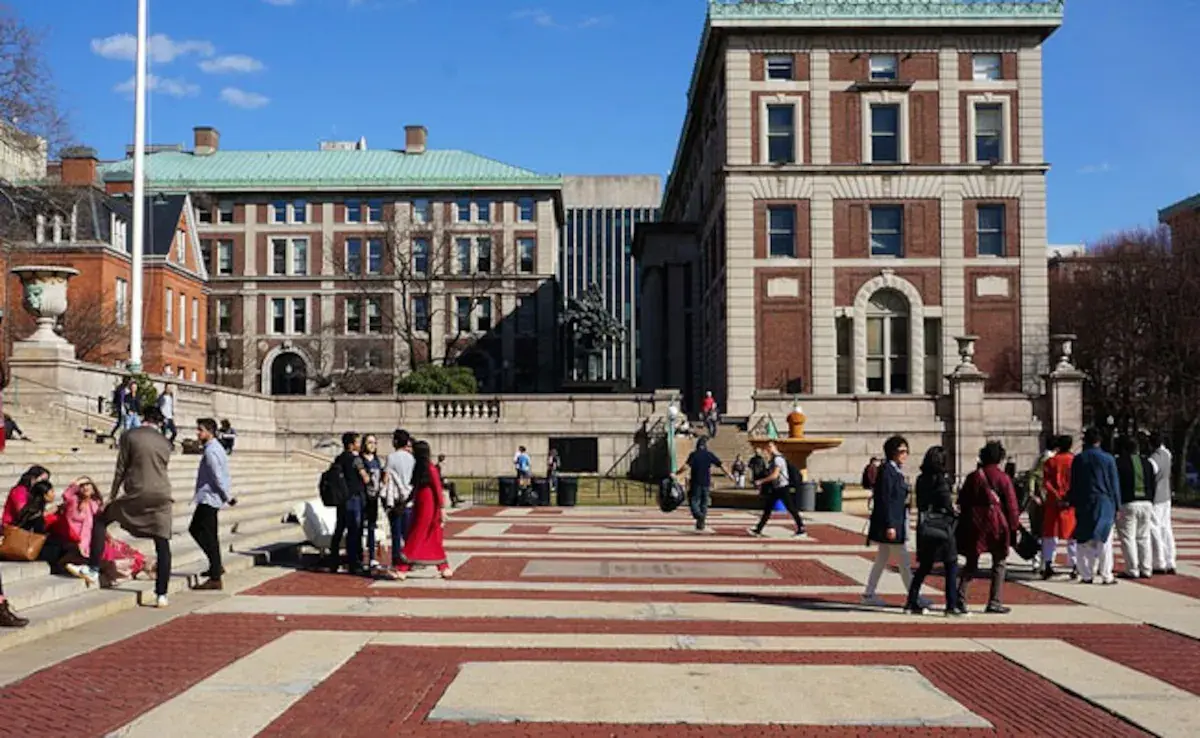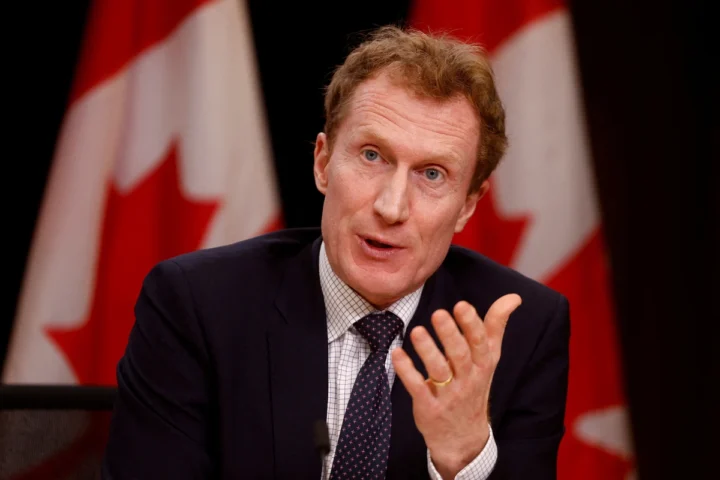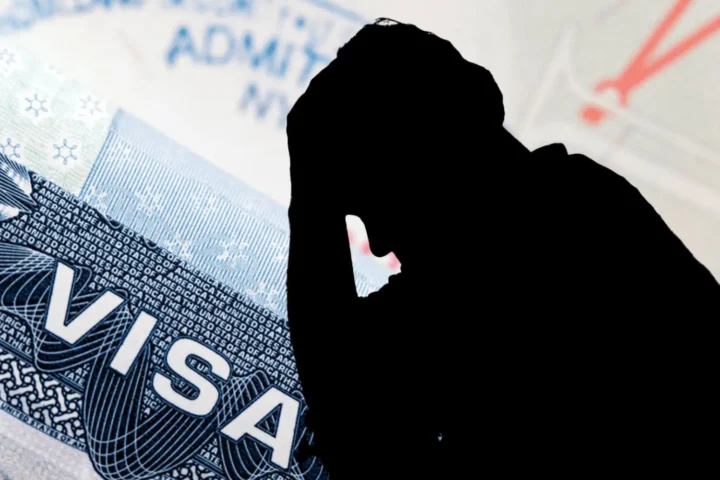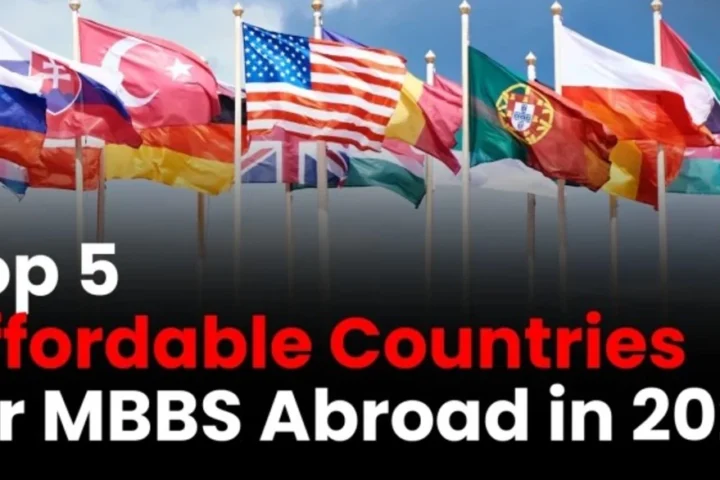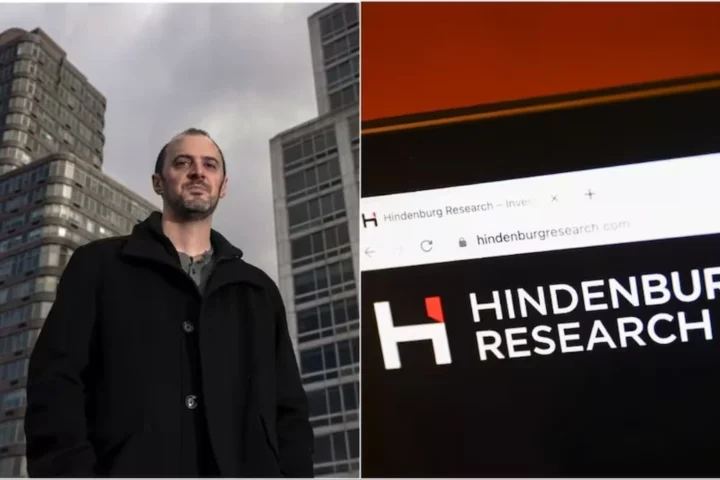The U.S. federal government has thrown hundreds of international students into a legal and emotional crisis by revoking their visas—often without notice, explanation, or the chance to appeal. Universities are sounding the alarm, legal experts are issuing strong warnings, and students are living in constant fear. As part of a sweeping immigration crackdown, the U.S. State Department has already revoked at least 300 student visas. Driving this unprecedented action is a highly controversial, secretive AI-powered program called “Catch and Revoke.”
Detained, Deported, and Left in the Dark
Rümeysa Öztürk, a Ph.D. student at Tufts University, found herself suddenly detained by immigration agents last month just outside her off-campus residence. Her crime? Unknown. Her visa? Canceled. Like many others, she had no warning.
Her university wasn’t informed either. Institutions like Harvard, Columbia, and the University of California, San Diego have reported multiple cases where student visas were revoked without prior notification. In many instances, schools only discovered the cancellations after immigration agents made arrests or internal databases showed missing status updates.
The Secret AI Tool Behind the Crackdown
The State Department has quietly launched a new digital weapon: an artificial intelligence system that scrutinizes students’ social media activity for signs of “support for Hamas or other designated terrorist organizations.”
Dubbed “Catch and Revoke,” the program flags individuals based on online behavior—likes, retweets, shares, or associations—interpreted as sympathetic to banned entities. There is no public criteria, no official review process, and in many cases, no chance for students to defend themselves.
This AI surveillance marks a turning point in U.S. immigration enforcement. According to a report by Axios, the technology is specifically targeting international students involved in activism, especially those participating in pro-Palestinian demonstrations.
A Political Crackdown in Academic Disguise?
U.S. Secretary of State Marco Rubio confirmed in late March 2025 that the government had revoked over 300 student visas, justifying the action as a measure to ensure “safety and order” on American campuses.
But critics, legal scholars, and human rights organizations aren’t buying it. Many argue this crackdown isn’t about safety—it’s about silencing dissent.
An immigration attorney representing several affected students called it “political retaliation disguised as national security.” “The government is using AI to punish international students for engaging in lawful protest or free expression.”
Colleges Outraged, Legal Battles Begin
Universities have been left scrambling. Most were completely unaware that their students were being monitored or flagged. Several top institutions have now started filing legal challenges, demanding transparency from the Department of Homeland Security and the State Department.
“We were blindsided,” said a senior administrator at Columbia University. “There is no communication, no evidence, and no process. These are brilliant, law-abiding students, not threats.”
Several lawsuits argue that the government’s actions violate due process and international education agreements, and they are calling for an immediate review of all revoked visas.
Students Silenced, Futures in Limbo
Campuses across the nation are feeling the fallout. Students with clean records and valid F-1 visas now live in fear—they fear speaking up, fear using social media, and fear losing everything overnight.
Those who have not yet been targeted are watching what they say, delete posts, and avoid rallies. Others have already returned home, unable to re-enter the U.S. or even complete their degrees.
For many, the American dream is fading fast.
Global Impact, Growing Distrust
The United States has long positioned itself as a hub for global education. With over a million international students contributing billions to the U.S. economy and academic innovation, this sudden shift is raising alarm not only among students but also among foreign governments and educational partners worldwide.
If left unchecked, this AI-driven crackdown could reshape how international students view the United States—for better or worse.
Interesting Read
US Embassy Cracks Down, Cancels 2,000 Fake Visa Appointments
The Unanswered Questions
As the controversy grows, one question looms over everything: Who’s next—and who decides?With no transparency, no accountability, and a machine making the decisions, the future for international students in America has never been more uncertain.

